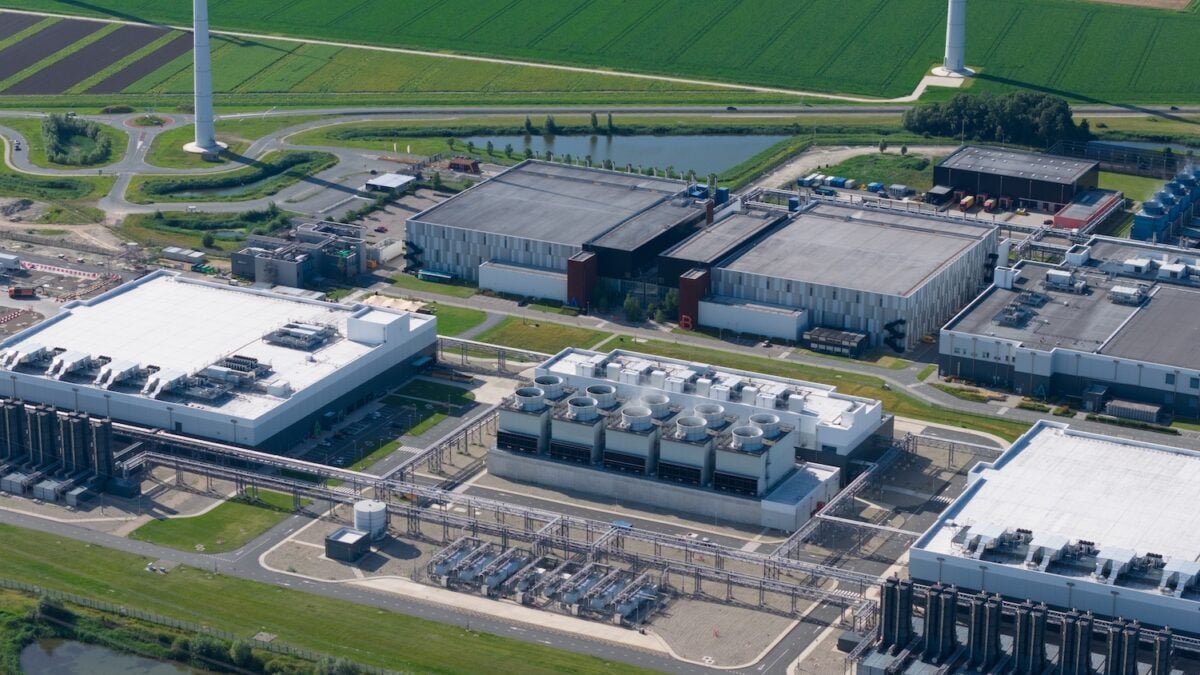
Data centers are taking over the world, and chances are high that someone, right now, is planning to build one in (or near) your backyard. That’s because the AI boom continues, and to produce AI, you need a cloud, and to create a cloud, you need rows of servers. Apparently there is one place in the US where you can be safe from these friendly little server farms, and that place is Minnesota.
The Minnesota Star Tribune reports that, despite the fact that companies are making considerable efforts to build more than a dozen new data centers in the state, many such projects have recently stalled. For example, Oppidan, a real estate company involved in data center development, has recently halted work on two of its three data center projects in the state. Why? The newspaper says companies may be concerned that “Minnesota’s regulatory environment will slow down” a business that is “poised for explosive growth.”
What’s so bad about Minnesota’s “regulatory climate”? Maybe it’s the fact that there are… you know, rules involved. Indeed, the Minnesota legislature recently passed a series of laws aimed at introducing potential guardrails to the data center industry, including new rules and regulations on “energy and water consumption” that are “meant to save utility customers from paying the cost of supplying power to data centers,” writes the Star Tribune.
A boom in data center construction has been witnessed across the country. As companies race to build these new hubs of “AI infrastructure,” they are also generating controversy and political backlash. One of the most common complaints is that they are increasing everyone’s electricity bills. While the impact of data centers on regional energy consumption can be hard to track, NBC recently reported that “in at least three states with high concentrations of data centers, electricity bills rose much faster than the national average during that period.” Data centers have also been accused of extracting large amounts of water from the small, resource-strapped communities in which they are located.
Despite these concerns, data centers in many places appear to be passing the required regulatory processes with ease. That’s not exactly the case in Minnesota, where the Star Tribune notes that Big Tech companies are trying (and failing) to bully the state legislature into relaxing regulations around their various projects. In addition to the whole thing with Oppidan, the newspaper took a look at a recent back-and-forth with Amazon that ultimately didn’t go the tech giant’s way:
Late last year, Amazon told the Minnesota Public Utilities Commission (PUC) that its fleet of diesel generators should not require state permits, allowing the company to prove that the infrastructure is necessary and there is no cheaper, cleaner alternative. After PUC ruled against amazonThe company and others in the industry failed to convince the Legislature to relax rules for backup generators because they would run less frequently and emit less carbon pollution. Diesel is not the only option for emergency power, but it is the most common in the industry.
Tech companies like to claim that such projects “bring jobs” to the small (usually rural) communities with which they connect. However, a recent report from NPR shows that, while such projects may create a glut of temporary construction worker positions during the center’s construction, once completed, the centers typically bring “few permanent” positions. “The thing to remember about data centers is that they don’t hire a lot of people,” journalist Stephen Bisaha said on a recent NPR segment. Bisaha said most data centers employ only 100-200 people, and for some communities, “meeting the power demand is not worth some of the jobs that come with it.”
Earlier this year, the Wall Street Journal also reported on what it calls the “job-creation crisis” that is the data center industry. The newspaper interviewed John Johnson, chief executive of data center operator Patmos Hosting, who candidly admitted that his business was not very good at employing large numbers of people: “Data centers have earned the disappointing reputation of creating the lowest number of jobs per square foot in their facilities,” Johnson said.
